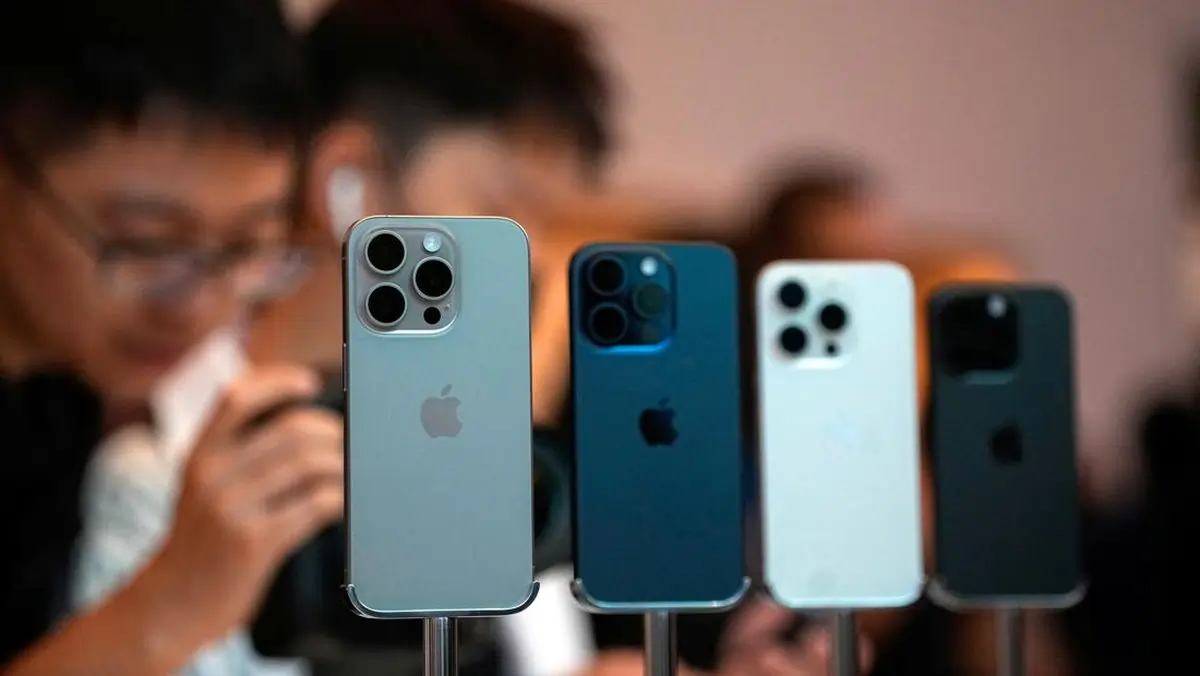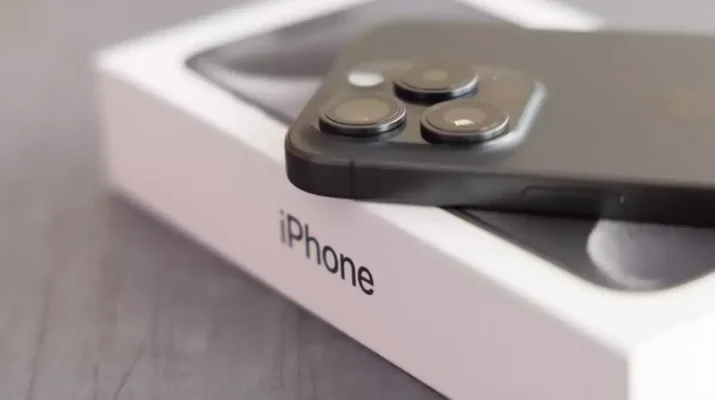In a market saturated with countless smartphones, the iPhone stands apart. It’s not just a device for communication; it’s a symbol. For many, owning an iPhone signifies success, taste, and a certain level of social standing. This phenomenon goes far beyond its technical specifications. It’s a testament to Apple’s masterful blend of design, marketing, and ecosystem control, which together have created a device with a powerful cultural significance.
The iPhone’s status as a luxury item isn’t an accident. It’s the result of a deliberate and long-term strategy that has cemented its position as a cultural icon.
The Allure of Design and Exclusivity

The iPhone’s clean, minimalist aesthetic is a key part of its appeal. From the sleek aluminum frame to the signature rounded corners, the design communicates elegance and simplicity. This a minimalist philosophy that contrasts sharply with the often more complex designs of its competitors. This deliberate design choice makes the phone instantly recognizable and visually appealing, setting it apart in a crowded market.
Our lead technology and market analyst, Mark Anderson, explains this appeal. “Apple has always understood that a product’s value isn’t just in what it does, but in how it makes you feel,” he says. “The iPhone’s design isn’t just about looks; it’s about signaling that you appreciate quality and have an eye for detail. This alone makes it more of a statement piece than a simple tool.”
The Walled Garden and Ecosystem
Apple’s closed ecosystem, or “walled garden,” is another factor contributing to its status. When you buy an iPhone, you’re not just buying a phone; you’re entering an exclusive club. The seamless integration with other Apple products like MacBooks, iPads, and Apple Watches creates a cohesive experience that is difficult for competitors to replicate. This ecosystem lock-in makes the iPhone an investment. It solidifies its place as a central hub of a user’s digital life.
Marketing and Brand Identity: A Masterclass
Apple’s marketing is legendary. Instead of focusing on technical specs, its campaigns highlight the user experience, creativity, and lifestyle associated with the iPhone. The famous “Shot on iPhone” campaign, for instance, focuses on the creative potential of the camera, turning users into artists. This approach sells a dream, not just a product.
This shift from function to feeling is critical to the iPhone’s status. The brand positions itself not as a maker of gadgets, but as a facilitator of personal growth and expression. The narrative Apple builds around its products is one of innovation, style, and a forward-thinking attitude. This creates a strong emotional connection with consumers.
The higher price of an iPhone also serves as a direct signal of its status. In consumer psychology, a higher price often correlates with higher perceived value and quality. While there are other expensive phones on the market, the iPhone has a unique reputation for holding its value over time. This makes it a more attractive investment than other smartphones. For many, the high price is not a barrier; it is a sign of success and a way to show that they can afford a premium lifestyle.
